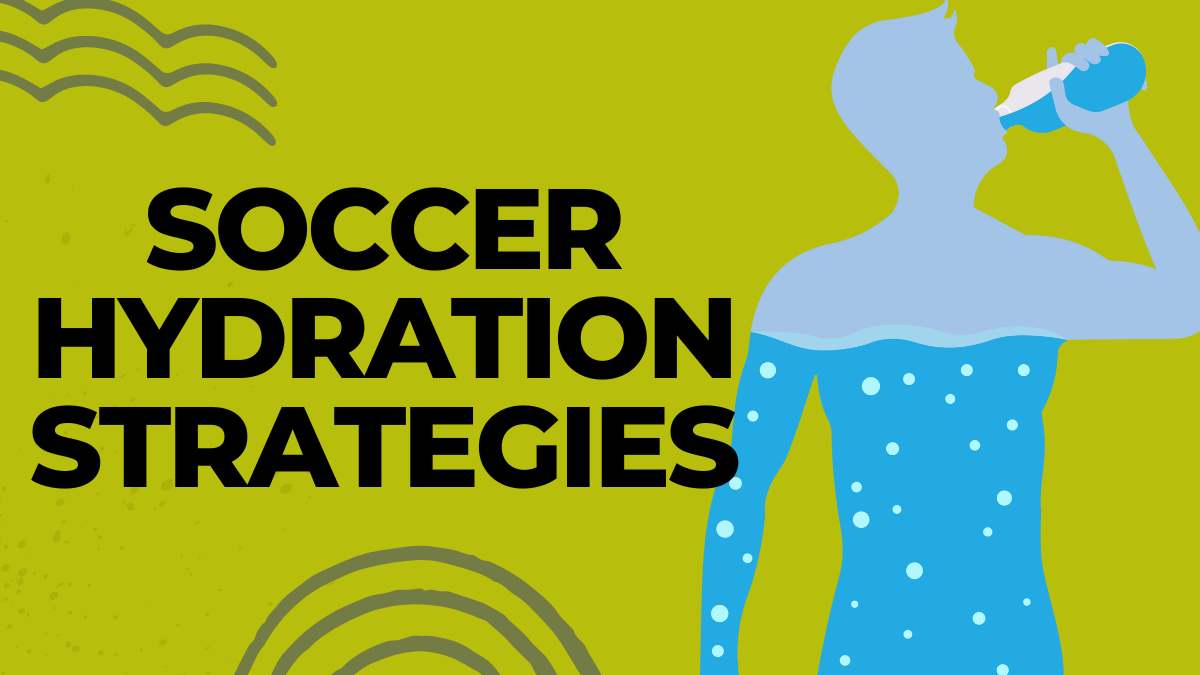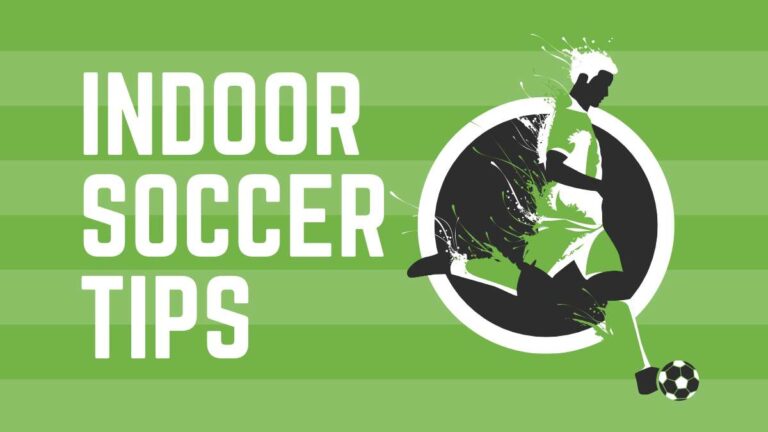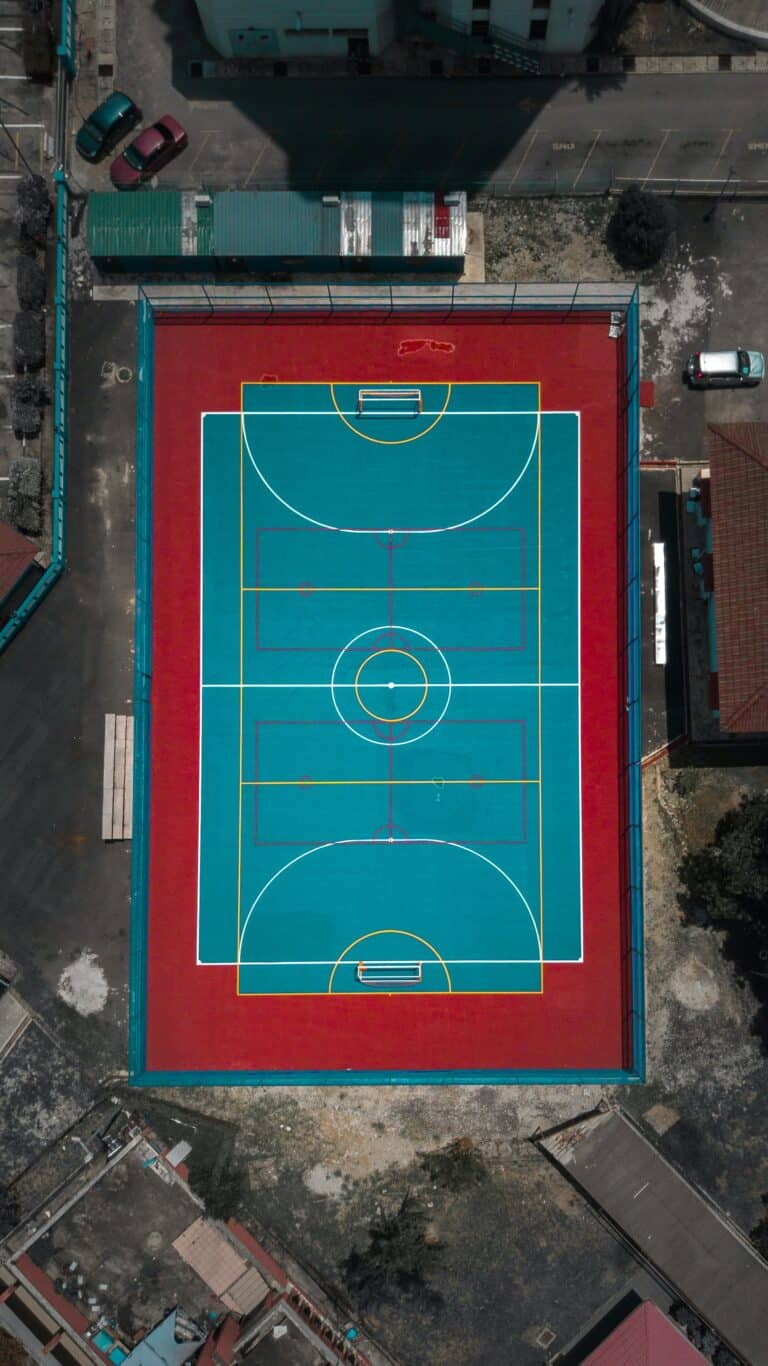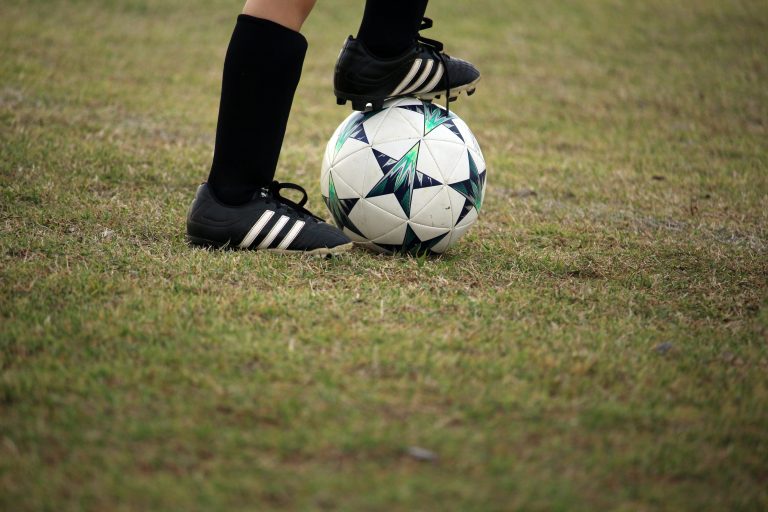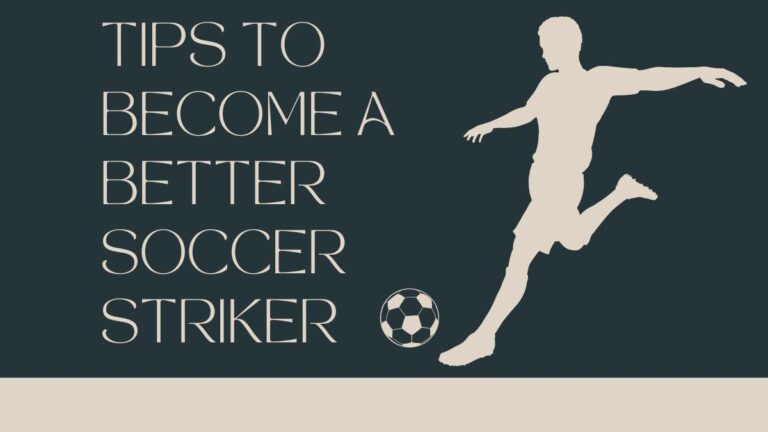Hydration for Soccer Players: 10 Strategies for Optimal Performance
Due to the physical demands of soccer, it is important for players to always stay hydrated so that they can consistently perform at their best. Hydration is not just a matter of quenching your thirst but it is an important element that can significantly impact your game.
As soccer players constantly push their bodies to the limit, staying properly hydrated is essential for maintaining endurance, focus, and overall performance on the field. Along with proper nutrition, soccer players should also strive to always have their hydration in check.
In this article, we will explore seven effective hydration strategies that every soccer player can easily follow. Following these tips will help you maximize your potential and achieve peak performance.

Pre-Game Hydration
Proper hydration before training sessions and matches are crucial for soccer players. Aim to drink water at least 2-3 hours before the game to ensure adequate fluid levels in your body. Hydrating beforehand helps optimize muscle function, maintain mental focus, and prevent early fatigue.
You can start your hydration routine early and you should aim to consume around 16-20 ounces (500-600 milliliters) of water in the hours leading up to the game. Remember, the goal is to start the match already well-hydrated to give yourself an edge on the field.
Electrolyte-Rich Drinks
While you sweat playing soccer, you not only lose water from your body but you will also lose minerals and electrolytes. An average athlete can lose up to approximately 1-3 liters of sweat per hour and this means that there’s a high loss of these minerals and electrolytes.
Therefore, to replenish your body with these lost minerals and electrolytes, you can consume electrolyte-rich drinks. Sports drinks are formulated to contain electrolytes like sodium, potassium, and magnesium, which are necessary for proper muscle function and hydration.
When participating in prolonged matches or intense training sessions lasting more than 60 minutes, consider sipping on a sports drink to replenish these crucial electrolytes and maintain your performance levels.
Some popular sports drinks consumed by soccer players are Gatorade and Powerade.
Monitoring Urine Color
One simple yet effective way to check your hydration status is by monitoring the color of your urine. The color of your urine tells you if you’re properly hydrated or not.
If you’ve got dark yellow urine, then that means you are moderately dehydrated. If that’s the case, you need to increase your water intake and get your hydration levels back to normal. Likewise, if you’ve got light yellow urine, then that means you are slightly dehydrated. You need to consume slightly more water to become properly hydrated.
The optimal color that you would want your urine to be is pale yellow or no color at all. This is a sign of being properly hydrated. As a soccer player, you would always want to be in this state. You should especially strive to have clear urine during your training sessions and matches.
Water Breaks during Training and Matches
During training sessions and matches, it’s crucial to take regular water breaks to stay hydrated. Set designated times for water breaks, ideally every 15-20 minutes. This will ensure that you are hydrating consistently throughout the game.
Coaches should incorporate these breaks into their practice plans and encourage players to drink water during the allocated time. Remember, even mild dehydration can negatively impact physical and cognitive performance, so don’t underestimate the power of a well-timed water break.
Hydration Packs and Water Bottles
To make hydration easily accessible during tough activities, consider using hydration packs or water bottles. Hydration packs are backpacks equipped with a water bladder and a tube for convenient sipping on the go.
Yes, it is weird to wear a hydration pack while you’re playing soccer. So, I am not suggesting you use it during training sessions or matches. Instead, you can use it while you’re on a run or a hiking session.
However, the most practical option for soccer players would be water bottles. Having water bottles readily available on the sidelines or in your sports bag ensures that you can replenish fluids whenever needed. Therefore, I would highly suggest every player carry their own water bottle in training and matches.
High-Water Content Foods
Hydration isn’t limited to just fluids; consuming fruits and vegetables with high water content can also contribute to your overall hydration levels. Foods like watermelon, cucumbers, oranges, and strawberries have a high water content and can provide a hydrating boost. Including these foods in your pre-game or halftime snacks can help supplement your fluid intake. Moreover, you get some additional nutrients from these food sources.
Environmental Considerations
Environmental conditions, such as heat and humidity, can significantly impact your hydration needs. In hot and humid weather, you’ll sweat more and require increased fluid intake to stay hydrated.
So you should adjust your fluid intake accordingly, ensuring you’re drinking enough to compensate for the additional sweat loss. Consider wearing lightweight and breathable clothing to minimize overheating and use cooling towels or misters to help regulate body temperature.
Post-Game Hydration
After a demanding training session or match, it’s essential to replenish fluids and restore hydration levels. Post-game hydration is as crucial as pre-game hydration. Being properly hydrated after exercise can aid in recovery and it promotes optimal performance for future sessions.
You can drink water or a sports drink within 30 minutes of finishing the game to replace lost fluids and electrolytes. Aim to consume around 24 ounces (700 milliliters) of fluids during this recovery period to kickstart the rehydration process.
Individual Hydration Needs
Every soccer player’s hydration needs may vary based on factors such as body size, sweat rate, and exercise intensity. It’s important to recognize and adapt to your individual hydration requirements.
Pay attention to how your body responds to different fluid intake levels and adjust accordingly. Experimenting with your hydration routine during training sessions can help you fine-tune the amount of fluid you need to stay properly hydrated during matches.
Consistent Hydration Habits
Consistency is key when it comes to hydration. Make hydration a habit both on and off the field. Focus on maintaining a consistent fluid intake throughout the day, not just during training or matches. Carry a water bottle with you at all times and sip water regularly.
Additionally, be mindful of staying hydrated during non-training days and off-season periods, as proper hydration is essential for overall health and performance in soccer.
Final Thoughts
Hydration is a crucial component that many players seem to underestimate. By implementing the seven strategies discussed in this blog—pre-game hydration, electrolyte-rich beverages, monitoring urine color, water breaks, hydration packs, high-water content foods, and accounting for environmental conditions—you can optimize your hydration levels and unlock your full potential as a player.
Remember, hydration is not a one-time task but an ongoing commitment to maintaining proper fluid balance. Make hydration a priority in your training and game-day routines, and enjoy the benefits of improved performance and a healthier body. Stay hydrated, stay focused, and excel in the beautiful game of soccer.
If you’d like to learn more about soccer nutrition, make sure to check out our articles on the top 7 foods for soccer players and some common soccer nutrition myths.

